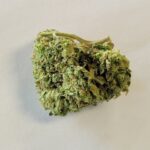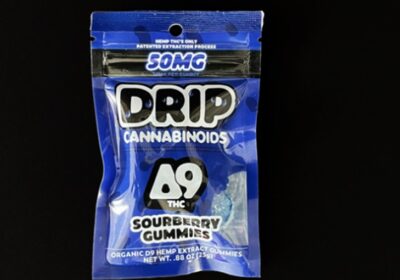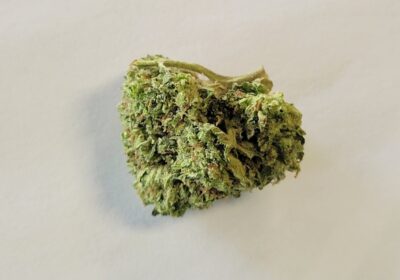Is CBD Flower Legal? Everything You Need To Know
Cannabidiol, or CBD, is one of the many compounds found in cannabis. It’s been said that CBD flower has a very low level of THC and can be used to treat medical conditions such as pain and anxiety without THC-induced psychoactive effects. Although there is no concrete evidence that it has any medicinal properties.
The legality of CBD flower will vary depending on the state and country in which you live. Canada bans all parts of cannabis with high amounts of THC (up to 30% for those who are interested), while some European countries allow its cultivation for industrial purposes if the plant contains 0% THC.
The UK is currently reviewing the laws on CBD product and the legalization of hemp products.
Is CBD flower legal?
Experimental studies have shown that CBD has several health benefits, particularly with regard to its anti-inflammatory, anti-nociceptive and anxiolytic properties. It can also be used to treat certain types of cancer, yet its legal status is unclear. In the United States and Canada, it falls under Schedule I of the Controlled Substances Act (1971) alongside heroin and LSD. In Europe, its illegal in most countries except for Germany, where it is classified as a food supplement. In China, it is sold legally yet unlicensed.
The legality of CBD in Australia is unclear since the Realm of Possibilities Act 2012 allows for the import and use of hemp products. However, it does not mention CBD or any other component that could be used to treat any medical condition. According to the Australian Border Force and Therapeutic Goods Administration (TGA), if an additive is associated with a therapeutic benefit and can be used as a medicine, it would need to be added to Schedule 9 under the same act – which would allow for its sale in Australia without any additional restrictions.
In the United Kingdom, plans to legalize CBD in food products by introducing an amendment to the Psychoactive Substances Bill failed. The new legislation is meant to ban all psychoactive substances except for nicotine and alcohol, but it was passed before any debate on CBD has been scheduled. The UK Medicines and Healthcare Products Regulatory Agency (MHRA) has stated that it cannot be sold as medicine or food supplement because there is no evidence of its safety and efficacy.
In the European Union, there are no specific laws concerning CBD; however, when THC levels are above 0.2%, it falls under Schedule IV of the Single Convention on Narcotic Drugs 1961, taking effect on 28 January 2017.
In Canada, CBD is considered to be a Schedule II drug under the Controlled Drugs and Substances Act (1996). This means that anyone found in possession of CBD could face up to 5 years in prison. Furthermore, any individual who sells, imports or cultivates the plant (or its parts), could face the same penalties.
In Australia and New Zealand, it is considered illegal when any compound derived from cannabis is separated from other compounds of the plant, including seeds and stalk. However, hemp seeds are allowed for human consumption as they do not contain more than 0.35% THC.


















